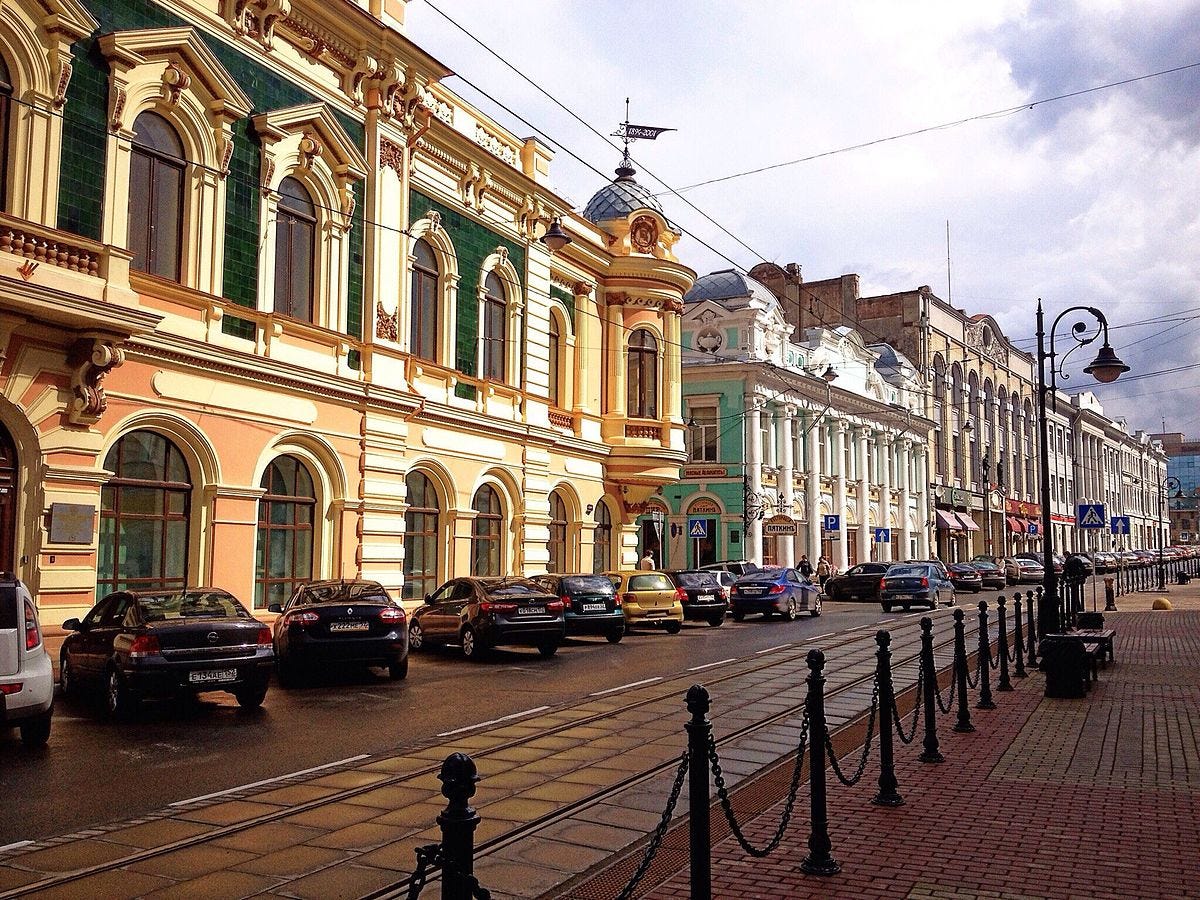
I tweet about migrating to Russia at @cbausman and Telegram. DMs are open.
When relocating to other countries this isn’t as crucial a decision because most countries are smaller, and no matter where you land up, you are usually within a few hours drive of most places you might want to go.
I’ll write a follow-up post mentioning a few possible destinations and the pros and cons, as I see them, of each. Today I’ll just discuss criteria you might want to consider.
I’ve tried to use photos of attractive, but not unusual street scenes from towns other than Moscow and St. Pete, avoiding the drop-dead amazing sites which most old Russian towns and cities have.
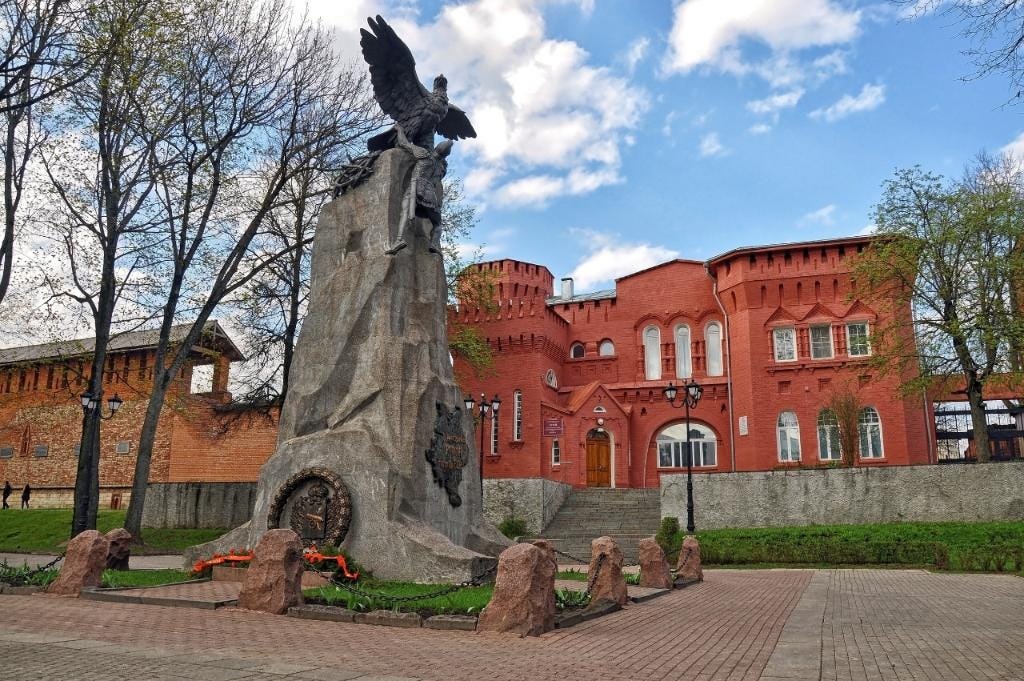
Here’s a list in rough order (subjective of course) of importance, with notes about a few of them below. If you think I’ve missed something, please let me know in the comments.
Availability of jobs.
Presence of other expats.
Presence of a high-quality local Russian contact / friend. The more the better.
Quality of schools, universities.
Climate.
Cost of living.
Size of city.
Availability of culture - theaters, classical music, museums, etc.
Cultural and intellectual level of locals.
Beauty of architecture.
Street life, i.e. cafes, small shops, pubs, etc.
Personal qualities, attitudes, and idiosyncracies of locals.
% of non-Russian ethnicities.
Proximity to Moscow or St. Petersburg - a plus in my opinion.
Quantity of churches, monasteries, Christian life in general.
Quality of medical care.
Availability of flights to Europe or elsewhere.
Good rail connections to other parts of Russia / Europe.
Proximity to Europe and countries bordering on Russia’s West, ie, the Baltics, Belarus, etc.
Interesting places to visit nearby.
Proximity to nature.

Availability of jobs.
As in the US, some regional economies are much more dynamic than others. If having a livable salary is important, something to consider. Same is true of education. Starting a small business would be a good option for some - some towns better than others for this.
Presence of other expats from West.
For me, this is a big plus, but not for others. Whatever your take on this, the distribution on this is very unequal. More in future articles.
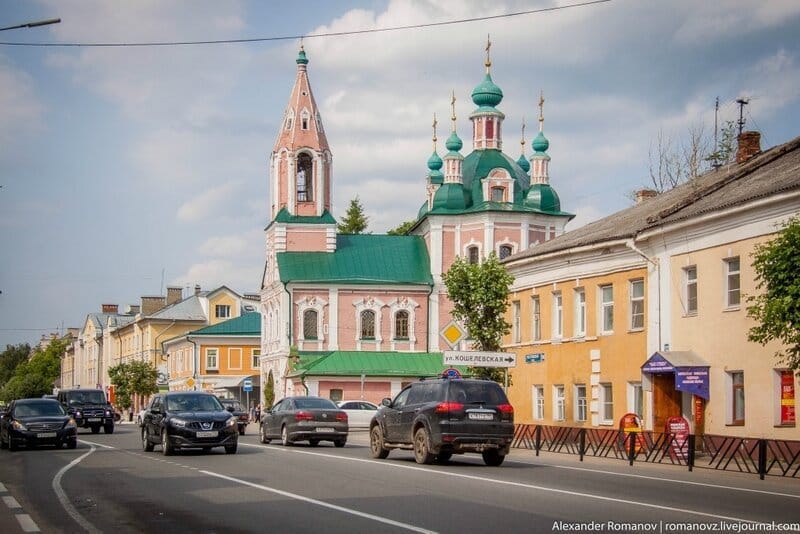
Presence of a high-quality local Russian contact / friend. The more the better.
This might be the most important item, because, in my experience, what really influences life the most is the people with whom you interract and the meaningful relationships you make, especially in a new place when you are trying to find your way around. Their quantity is important too, because these relationships can’t be relied on. Try to go to a place where you have that important connection. Often this can be other Westerners, but Russians are often more interesting, relatable, educated, Christian, spiritual, sophisticated, accessible, and interesting - the trick is to find entry points into these networks, because most of them will not be.
Quantity and ages of churches, monasteries. Christians and Christian life in general.
As a general rule, Christian life in Russia is stronger towards the north, and slightly northeast. Of course, there are profound pockets of Christianity everywhere in this huge country, I’m just generalizing. Monasteries play an important and little understood role in this - a remarkable 1700 of them across Russia, but maps of their distribution tell you little because they vary greatly in size and quality. I plan to write a separate article about their significance in Russian spiritual life because it is absolutely fascinating, regardless of your views on whether they are a positive feature of Christianity or not. (I believe they very much are). They serve in part as sort of spiritual power plants, raising the overall Christian culture in the populations around them. The greatest density of good quality ones are in The Golden Ring, to the northeast of Moscow. If Christian life is important to you, than I strongly recommend settling in a place with good access to one or more good monasteries, as that can bring great spiritual rewards and an overall better quality of life. Big city priests tend to be more liberal, more conservative in the provinces, although this varies too. This point is very much related to the previous one - gravitate to Christian culture and you will discover the best people (usually), and this is true even if you are not particularly Christian.

Climate
My personal take on this is that I like colder places as much as warmer ones, and very much enjoy a real winter with frosts and plenty of snow. My general advice would be that if you are not accustomed to colder climates, don’t be intimidated by it, there are plenty of advantages, especially winter recreation. Having experienced it you might decide its not your thing, but don’t rule it out. Also many people ward people away from St. Petersburg claiming the climate there is unfortunate - frequent damp cold wind coming off the gulf of Finland, generally overcast, very short days in the middle of winter. Perhaps some people are more sensitive to these things than I am but I find this to be very exaggerated. I’ve lived in St. Pete in the winter, and didn’t mind it at all. As for damp windy weather, it’s nothing appropriate clothing won’t compensate for. Consider that the Russian empire flourished from this place for 300 years as the nation’s capital and housed so much beauty, creativity, strength, Christian faith, and much else. To my mind it has so many advantages that the weather is trivial. One of my favorite places in Russia. I will try to write more about her advantages in a separate post.

Cost of living
Moscow and St. Pete are most expensive, but if you are on a very tight budget, one can live inexpensively anywhere. Don’t necessarily rule out these two for this reason. If you are a larger family and more out of the way places work for you, you can get incredible bang for your buck in out of the way places, and they don’t have to be very remote.
Size of city
I personally prefer smaller, manageable cities with quick and easy access to countryside. In Russia I would put that number at < 200k (populations are more dense here because of the ubiquitous dreary urban apartment high-rises). We live in Moscow and for all its advantages I find it to be too big, too noisy, brash, frequently crass or garish, often inhuman in scale, often gladly escaping to our lovely cabin in the woods or visiting charming provincial towns and cities where the pace is slower.
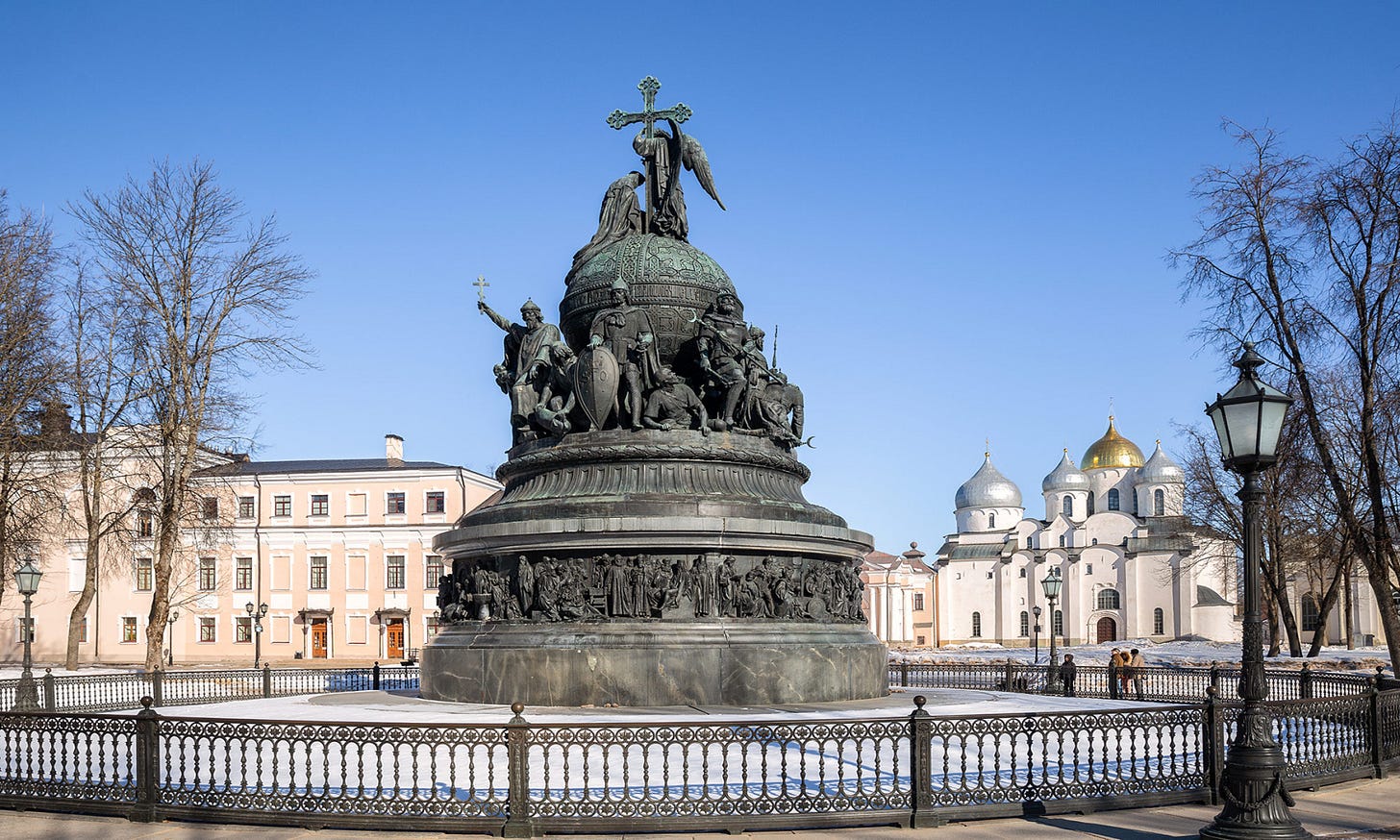
Personal qualities, attitudes, and idiosyncracies of locals. Ethnicities.
Russia varies in this regard. As a general rule, northern Russia is more white and European, southern Russia less so because of the proximity of Caucasian nationalities. For example, the ethnic stock of St. Petersburg is noticably more European than in Moscow, and southern Krasnodar and Sochi even less European. Siberia and Urals are less Christian than European Russia. In European Russia, western regions ‘feel’ more European than eastern ones. For example, Pskov and Smolensk have a more European feeling than say Nizhny Novgorod or Ryazan (which is charming and beautiful). Saratov, although in the east of European Russia has a more European feel, charming and orderly, because German immigrants contributed so much to the pre-revolution central building stock and left their mark on society. Also cities have different ‘personalities’, depending on history and the personalities of the elites over recent years. There is a lot more to say about this.
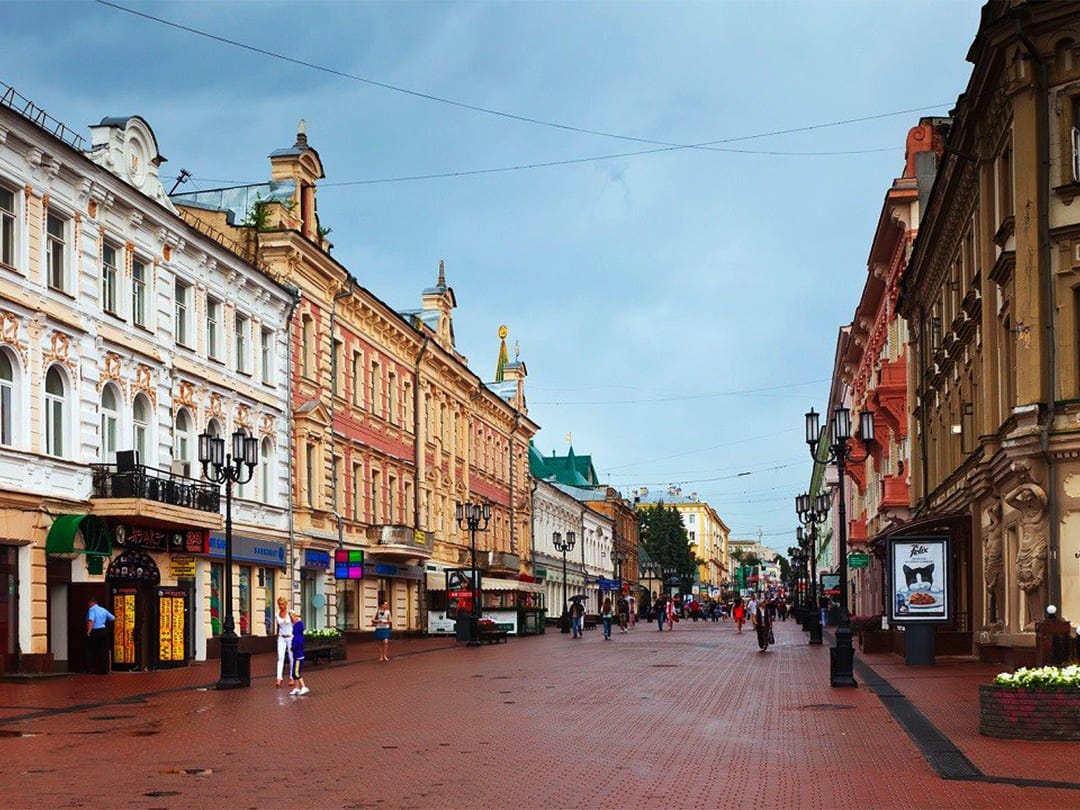
Beauty of architecture.
This is highly personal, but I find this very important. Most Russian architecture is shockingly, horribly drab, but there are pockets of great charm and beauty. I find this has a very big influence on life. Russia varies a lot in this regard. It is not just the town or city you live in, but the places within easy traveling distance. Some cities are more modern and therefore ugly, some have beautiful historic centers. The region called ‘The Golden Ring’ to the northeast of Moscow has the highest density of old Russian medieval towns, historic places, cities, monasteries, old churches, and even charming villages.
Proximity to nature
Most Russian towns are surrounded by absolutely beautiful, pristine nature - usually delightful forests full of mushrooms and berries, with lots of recreation options year around - the snow is particularly fun, a x-country skiing paradise. One is struck by how empty this country is outside of population centers. The bigger the city the longer it takes to get there, also bc traffic. One of the reasons I like Smolensk so much is that it only takes 30 minutes to reach charming countryside with rolling hills, different from mostly pancake flat Russia. From Moscow it takes about abut 2.5 hours by car, w/o traffic, much longer if you get stuck, St. Pete, 2 hrs. In my view, a big quality-of-life factor.
Some things to consider. More later, let me know what interests you in the comments.




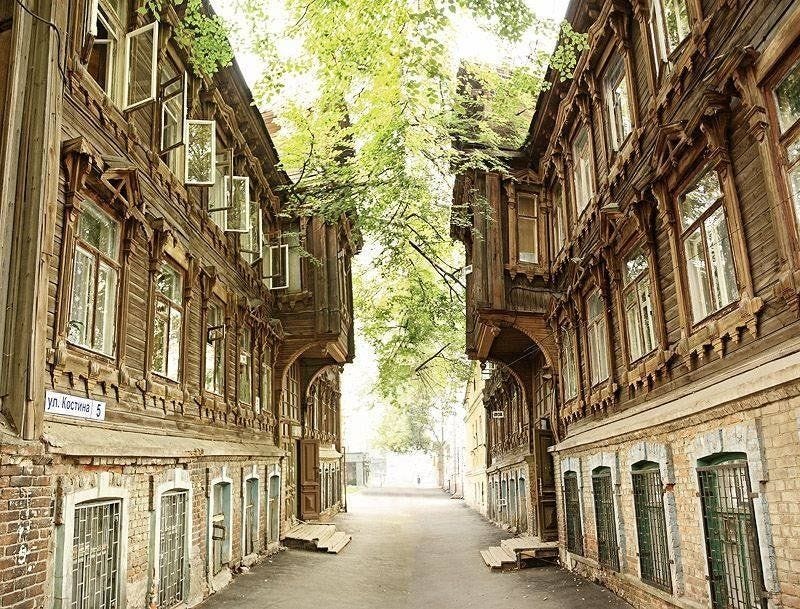
Great information! Can you possibly write about retiring in Russia?
Charles, many of these cities have some great eateries. Velikiy Novgorod has a fantastic place called Zavod. It makes vodka, and offers an interesting authentic menu at its restaurant and tasting room. Moscow, of course, is a world of its own. But let me name a few fun places to try: Thali Curry on Tverskaya (an Indian restaurant in a green house with pink lights); Istambul (a coffee shop on Pyatnitskya, where they make Turkish coffee on wood and serve it in a candle light atmosphere). What else? Black Angus! A steak house, with several locations and extremely appreciative clientele. In Smolensk, we stayed at Bridge and Sands of Time. Both are pretty cool boutique hotels and their own restaurants that offer free champagne to their guests. But there're many quality restaurants in the city, too: Well-fed Racoon, Fire, Caviar, Chocolate and the Mayakovsky Bar are among the ones we've frequented. Oh, and each of these cities has several Irish pubs. Irish pubs might be closing down in Ireland, but they're popular in Russia.